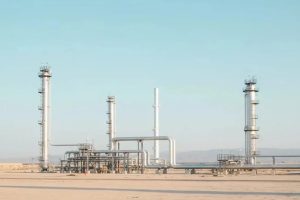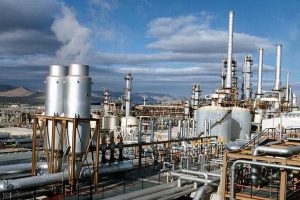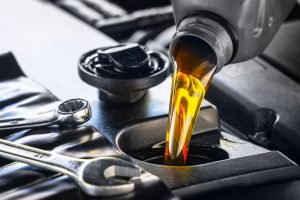What is Anionic Bitumen Emulsion: Specifications + Applications
Anionic bitumen emulsion is a type of bitumen with negatively charged particles and was developed and used since the early 20th century. Bitumen is a sticky and durable substance derived from petroleum products. It has wide usage in industries such as road construction and waterproofing due to its unique properties. Anionic bitumen, with its ease of use, environmental compatibility, and energy efficiency, is an ideal alternative to traditional bitumen. Its chemical structure makes it suitable for projects that require rapid coating and high adhesion.
What is Anionic Bitumen Emulsion?
The anionic bitumen emulsion has the following characteristics: average evaporation rate, good water resistance, suitable surface adhesion, and high corrosion resistance. It also has uses in road paving, airports, and buildings.
Anionic bitumen emulsion is a type of bitumen with negatively charged particles. This type of bitumen has many uses in various projects such as road construction, asphalt paving, and protective coatings due to its specific features, including reducing energy costs, increased safety during use, and environmental compatibility. In the following sections of this article from Iran ETrade, we will examine this type of bitumen more closely.
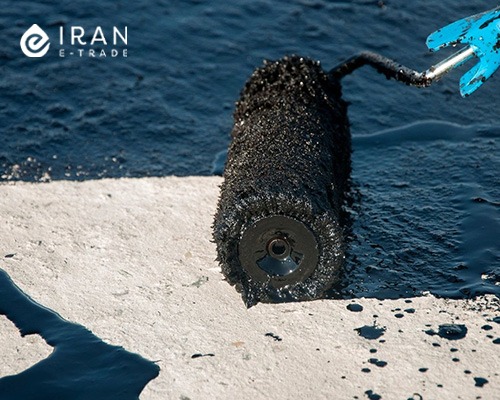
Types of Anionic Bitumen Emulsion
Anionic bitumen emulsions are produced in various types and each has its characteristics and applications. Below, we will explain two of its main types:
(Click to learn more about the benefits of bitumen emulsion.)
Anionic Bitumen Emulsion SS1
Anionic bitumen emulsion SS1 is designed with a slow breaking speed and is suitable for surfaces that require uniform coverage and complete sealing. This type of bitumen has many uses in road construction projects and sealing concrete.
Anionic Bitumen SS1-H
Anionic bitumen emulsion SS1-H is a modified version of SS1 that has increased resistance to moisture and heat due to the addition of unique materials. This type of bitumen is ideal for areas with harsh weather conditions or surfaces that require high adhesion.
Characteristics and Specifications of Anionic Bitumen Emulsion
The specifications of AMS bitumen, like other types of bitumen, are unique. Some of the characteristics of anionic bitumen emulsions include:
- Bitumen particles have a negative charge
- Ease of use without requiring excessive heating
- High adhesion, suitable for creating uniform coatings
- Viscosity at 25°C ranges between 20 and 100 CST
- 97.5% Solubility
- Stability against specific changes and approximate viscosity variation of 1% during 24 hours
- Penetration grade 25°C to 70°C ranges from 100 to 200 units
(Click to learn more about Drum Bitumen.)
Differences Between Anionic and Cationic Bitumen Emulsion
The most obvious difference between anionic and cationic bitumen is the charge of their particles. In anionic bitumen emulsion, the particles have a negative charge, while in cationic bitumen, the particles are positively charged. Additionally, anionic bitumen uses emulsifiers with a negative charge, whereas cationic bitumen is produced with positively charged emulsifiers.
The key difference between these two types of bitumen is their uses. Anionic bitumen emulsions have limitations in cold areas and may require more time to solidify when used in road surface coatings. In fact, anionic bitumen emulsion is more suitable for use in hot areas because, due to its moderate evaporation rate, it performs better than slow-setting and cationic bitumen emulsions. In addition, this bitumen is more effective in hot areas due to its higher stability against heat and sunlight. The application of slow-breaking and cationic bitumen emulsions is more suitable for road and airport surface coatings in cold regions.
(Click to learn more about Penetration Grade Bitumen.)
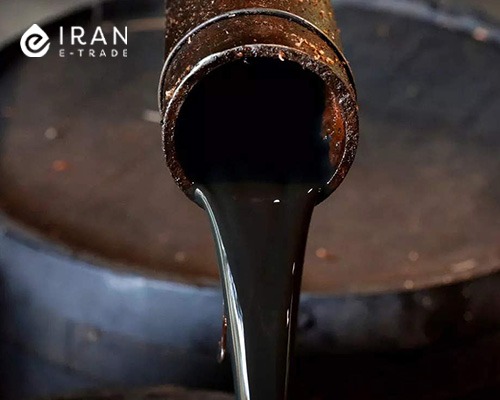
Applications of Anionic Bitumen Emulsion
Anionic bitumen emulsion has unique properties and specific applications. Some of the most important applications of this type of bitumen include:
- Road construction, waterproofing, and creating protective coatings on road surfaces
- Protective asphalt
- As an adhesive in both underlying and surface layers
- Cold asphalt production
- Waterproofing in construction and industrial projects to prevent water penetration
- Protective coatings for metal and concrete surfaces to guard against corrosion
- Minor and crack repairs in asphalt
- Dust control and mulching
(Click for information on latest bitumen price.)
Price of Anionic Bitumen Emulsion
The price of anionic bitumen emulsion depends on several factors, including the type of bitumen, the quality of the emulsifier, the volume, and transportation costs. Additionally, oil market fluctuations and seasonal demand can also influence its final price. For up-to-date pricing, you can contact Iran ETrade.
How to Purchase Anionic Bitumen Emulsion
To purchase an anionic bitumen emulsion, you have to determine its type and quantity first. You can contact reputable stores like Iran ETrade to place your order. Furthermore, when you purchase bitumen, pay attention to the product quality and standards. For more information, you can seek assistance from our consultants at Iran ETrade!
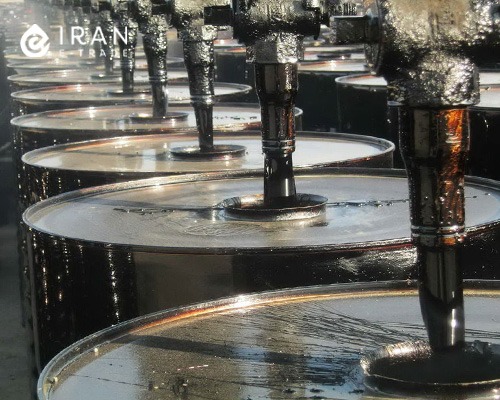
- Petroleum Products and Petroleum Derivatives: Introduction + Uses
- Oil Refineries in Iran: Complete List + Comparison
- Gasoline Producing Refineries in Iran: 12 Major Refineries
- Largest Oil Producers in the World: The Top 13 Countries...
- The Largest Bitumen Refineries In The World: Top 20 Refineries...
- What Is An Oil Lubricant: Types, Applications + Production




